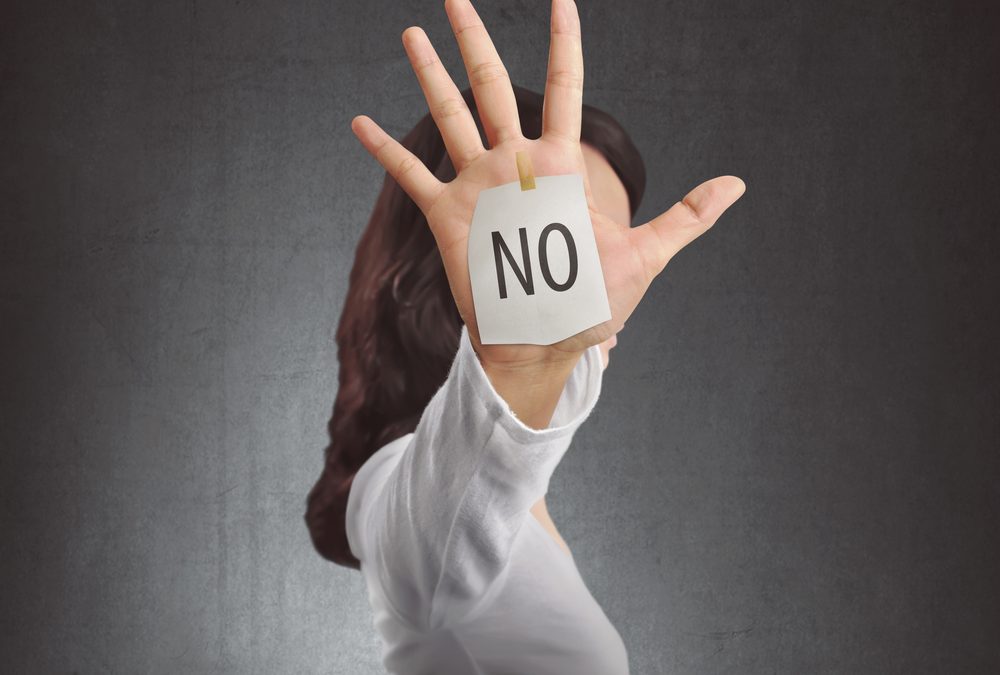The phrase "no diddy" has become a popular expression that resonates with various generations, often used to express disbelief or to emphasize a point. Its origins can be traced back to a blend of pop culture references and social media influences, making it a staple in contemporary vernacular. As people navigate through the complexities of communication in the digital age, this catchy phrase has emerged as a way to convey strong feelings or reactions, often accompanied by humor.
The rise of "no diddy" can be linked to the broader trend of using playful language in everyday conversations. This phrase encapsulates a sense of incredulity, often when someone is faced with an unbelievable scenario or outrageous statement. In many ways, it reflects the light-hearted yet critical nature of modern dialogue, enabling individuals to express their opinions without resorting to more serious tones.
As we dive deeper into the origins and usage of "no diddy," we find that its impact reaches beyond mere words. It signifies a cultural shift in communication styles, showcasing how phrases can evolve and adapt over time. In this article, we will explore the various aspects of this intriguing phrase, including its historical context, its connection to popular culture, and its significance in today's social landscape.
What is the Origin of "No Diddy"?
The phrase "no diddy" is believed to have its roots in the early 2000s, with some attributing its popularity to hip-hop culture. The term "diddy" itself was popularized by the renowned music mogul Sean Combs, also known as Puff Daddy, who later rebranded himself as Diddy. However, the phrase "no diddy" does not necessarily refer to Combs but rather serves as a playful expression that has taken on a life of its own.
How Did "No Diddy" Enter Popular Culture?
The transition of "no diddy" from a niche phrase to mainstream acceptance can be attributed to its usage on social media platforms and in pop culture. Memes, tweets, and viral videos frequently incorporate the phrase, leading to its widespread recognition. This phenomenon showcases how language evolves, borrowing elements from different contexts to create new meanings and expressions.
Are There Similar Phrases to "No Diddy"?
- No Way - A direct expression of disbelief.
- You’ve Got to Be Kidding - Another humorous way to express incredulity.
- No Chance - Often used to dismiss an idea or proposal.
- For Real? - A common phrase that questions the truth of a statement.
Who Popularized the Phrase?
While the exact individual responsible for popularizing "no diddy" may be difficult to pinpoint, several influencers and celebrities have played a role in its rise. The phrase has been used in various comedic skits, online videos, and even in music lyrics, contributing to its acceptance in everyday language.
Does "No Diddy" Have Any Cultural Significance?
Yes, "no diddy" reflects a cultural shift in how people communicate. The phrase emphasizes the blending of humor and skepticism, allowing individuals to engage in conversations that challenge the norm. In a world filled with misinformation and exaggerated claims, expressions like "no diddy" encourage critical thinking while maintaining a light-hearted tone.
When Did People Start Saying "No Diddy"?
The exact timeline for when people began using "no diddy" is unclear, but its emergence in popular culture can be traced back to the early 2000s. Social media platforms played a significant role in its proliferation, with users adopting the phrase to express disbelief in a variety of contexts.
What Are the Future Prospects for the Phrase "No Diddy"?
As language continues to evolve, so too will phrases like "no diddy." The phrase's adaptability and humor ensure its relevance in contemporary dialogue. Whether it will become a permanent fixture in the lexicon of the future remains to be seen, but its current usage highlights the dynamic nature of communication and the power of cultural expressions.
Can "No Diddy" Be Used in Formal Contexts?
While "no diddy" is primarily used in informal settings, its playful nature may find its way into casual professional environments where humor is appreciated. However, it is essential to gauge the audience and context before incorporating such phrases into more serious discussions.
What Impact Has "No Diddy" Had on Modern Communication?
The phrase has contributed to the evolution of modern communication by encouraging a blend of humor, skepticism, and informal expressions. As people increasingly communicate through digital platforms, phrases like "no diddy" serve to bridge the gap between traditional language and contemporary vernacular.
In Conclusion
The journey of "no diddy" from a potentially niche phrase to a widely recognized expression illustrates the dynamic nature of language and culture. It encapsulates a shift toward more playful, expressive communication styles that resonate with various audiences. As we continue to navigate the complexities of modern dialogue, phrases like "no diddy" remind us of the power of words to connect, entertain, and challenge perceptions.
Unveiling The Mystery: Who Was Chris Cuomo's First Wife?
Unveiling The Tom Holland Proposal: A Dream Come True?
Discovering Gene Wilder's Grandson: A Legacy In The Making
:max_bytes(150000):strip_icc():focal(749x0:751x2)/diddy-cassie-1-111623-7be4c54e06e1422398e4e2eba3e4e005.jpg)

